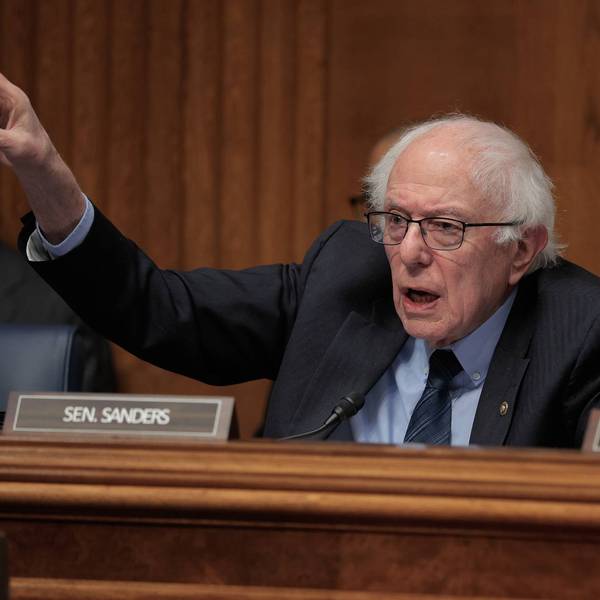Like most Americans, Julie Buckles, the owner of Honest Dog Books in tiny Bayfield, Wisconsin, has had to be flexible in the face of the COVID-19 pandemic.
"Overnight, we went from hosting music, literary discussions, and poetry readings to shipping books all over the country," she told me.
Ordinary Americans of every political stripe, including 90 percent of Republicans and 96 percent of Democrats, support a postal relief package.
With her bookstore shuttered, Buckles is now relying on the U.S. Postal Service to stay in business. Honest Dog staff will even select a used book to "suit your mood," based on your answers to a few personal questions. The cost: just $9, plus $4 for postal delivery.
The private United Parcel Service (UPS), on the other hand, charges at least $10.75 for book deliveries.
But just as the Postal Service is delivering more books, food and other essentials than ever, a crisis-related plunge in mail revenue threatens to bankrupt the system. Due in part to the pandemic, the Postal Service projects it will have a $13 billion revenue shortfall by September, the end of the fiscal year. That might just put it out of business.
Postal leaders say they need at least $25 billion in emergency cash relief. The Trump administration, however, has offered only a $10 billion loan, in exchange for steep rate hikes and job cuts.
In response to an online request, more than 1,000 people wrote to explain why losing the Postal Service would be devastating, especially for rural communities.
Karen Nyhus wrote that she uses the Postal Service to send Christmas presents to her octogenarian mother, who lives outside of a small town in Maine.
"USPS comes in a little car with flashing lights, all the way out on her road to deliver the essentials she orders to be safe," she noted. "If she had to pay a private carrier, it would cost a fortune."
Millions of Americans also rely on the Postal Service for their prescriptions. "USPS delivers my life-keeping medication," wrote Frank Cassianna, of Myrtle Point, Oregon. "Without it, I would be dead."
Military veterans, nearly one-quarter of whom live in rural communities, receive 80 percent of their meds through the mail.
The 14.5 million rural residents without high-speed internet access need the Postal Service to pay bills and to connect to the broader world. USPS also supports middle class jobs in communities at a time of skyrocketing unemployment.
According to an Institute for Policy Studies analysis of the 15 most rural states, the Postal Service employs more people than many other major job categories. Mississippi's nearly 5,000 postal workers, for example, outnumber the state's corrections officers, carpenters, plumbers, firefighters, and bank tellers.
Ordinary Americans of every political stripe, including 90 percent of Republicans and 96 percent of Democrats, support a postal relief package. Members of Congress have even formed a new, bipartisan Postal Preservation Caucus to heed that call.
But Trump has argued that USPS could fix its own problems if it just quadrupled the rates it charges businesses like Amazon, headed by one of Trump's personal enemies, Jeff Bezos, for package delivery. This would just hurt customers without resolving the problem of plummeting mail revenue.
In 1775, our Founding Fathers created the Postal Service to help bind our nation. It continues to play this role by providing affordable service to every U.S. address -- no matter how remote. Postal workers deserve our help now so they can continue serving us for generations to come.




